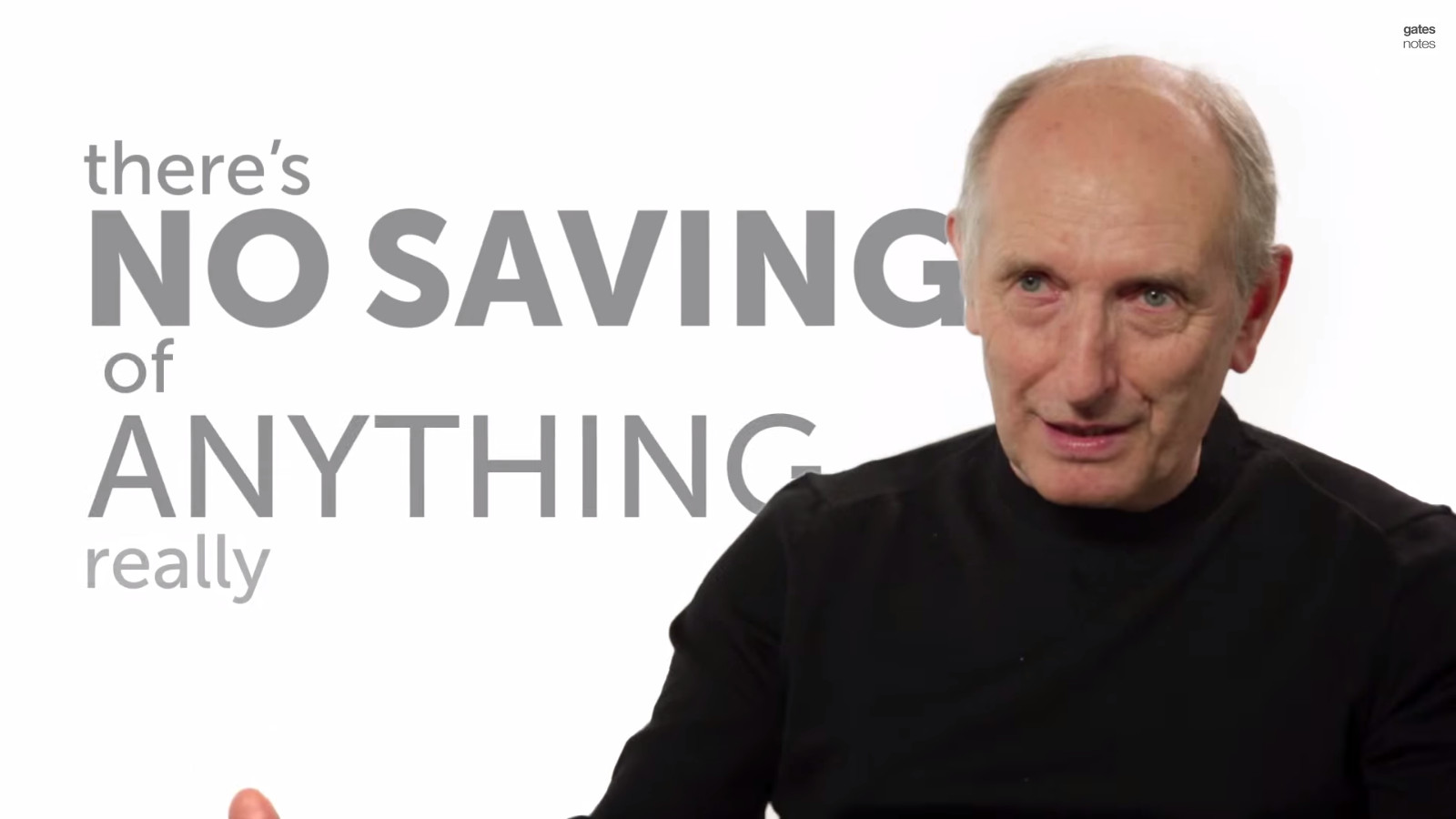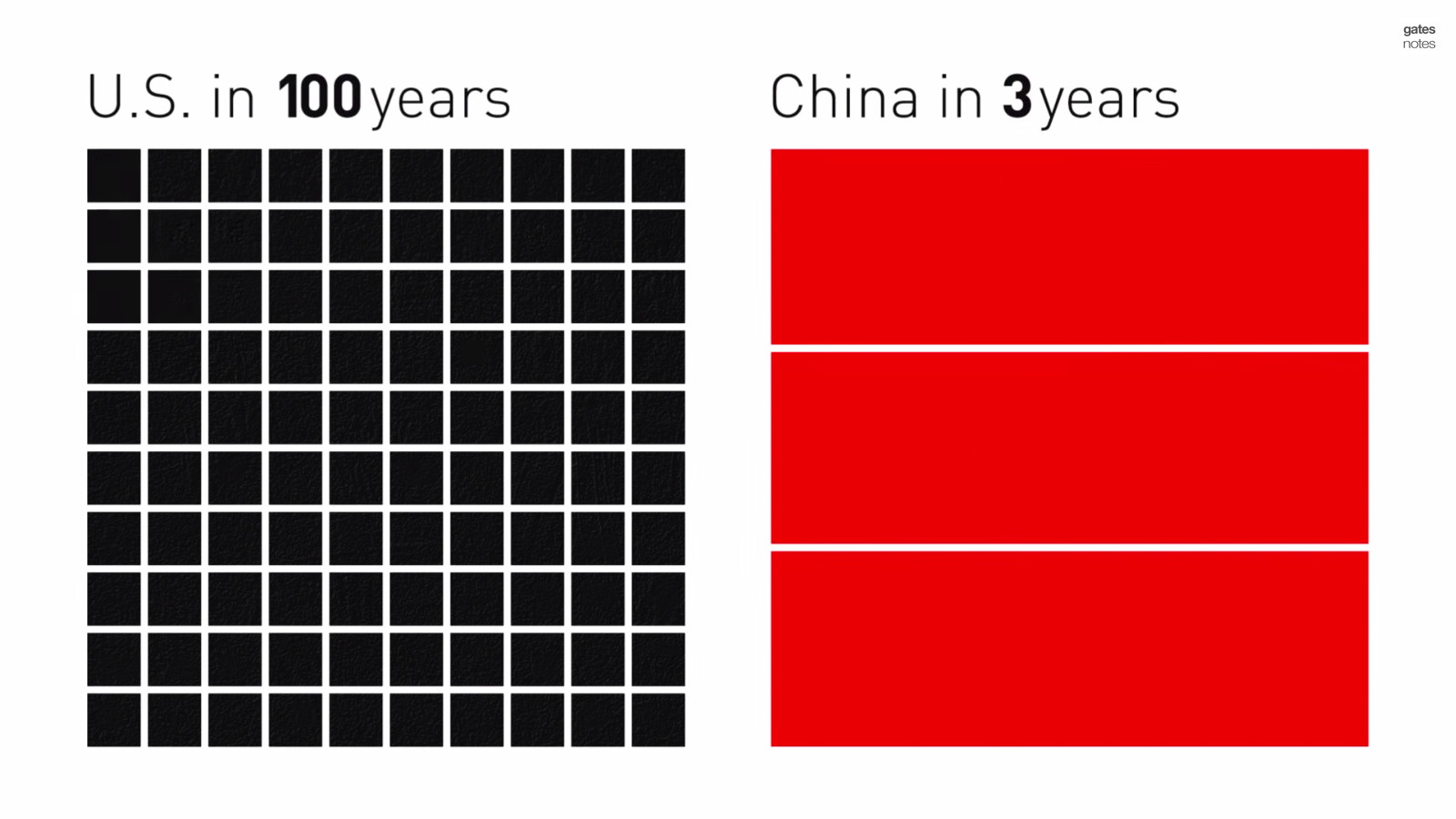
A fascinating post by Bill Gates over at his official blog The Gates Notes urges us to strive for quality and longevity over quantity. In it he focuses on the challenge of sustainability that will face humanity in the future and argues for a paradigm shift in our consumption patterns.
Inspiration is taken from Vaclav Smil whose observations in his book Making the Modern World: Materials and Dematerialization draws the counter intuitive paradoxical conclusion that even as our technology has allowed to us to become more efficient in our use of materials we are not actually conserving.

In fact the efficiency gains serve instead as a catalyst for consumption. The consequent costs savings associated with our technology advancement in turn drives up demand. This demand surge outpaces any benefits derived from producing goods with less and for less. Neither the author nor Mr. Gates are advocating a complete reversal as it is clear that the quality of life for the vast majority have been improving inconjunction with and directly because this consumption rise.
However, the real difficulty is that our appetite for more may eventually prevent us from meeting the demand required to satisfactorily maintain our current standards of living. This is despite our proven ability to continuously generate innovations in efficiency. Such an occurrence would be a true global crisis that could halt progress and test our very existence.
I won't attempt summarize the gist of the arguement any further as I believe the video below will do it more justice.
One utterly remarkable statistic that shows just how real the sustainability problem is the comparison of cement consumption between the USA and China. A 100 years of cement poured out in a mere 3.

Taken from TGN.
It's a marvellous material world that we live in.

Photo by Port Strategy.
 Nneko Branche.
Nneko Branche.